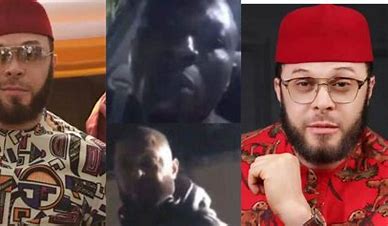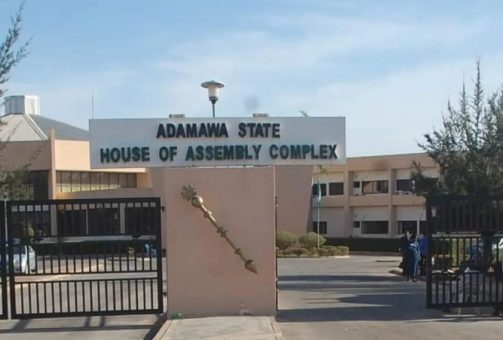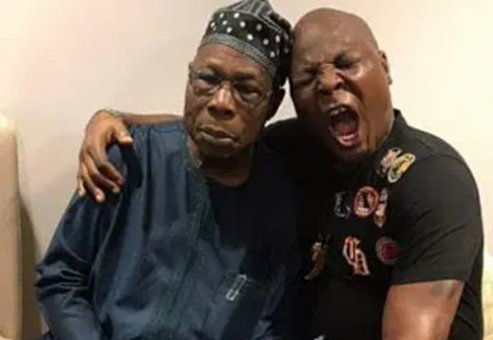
Alex Ikwechegh, a member of Nigeria’s House of Representatives, has publicly apologized after being involved in an incident where he assaulted an e-hailing driver, Abuwatseya, who was delivering a package to him. The incident, which was captured on video and circulated widely, shows Ikwechegh confronting the driver, slapping him, and making threats.
In a statement released on Monday, Ikwechegh admitted that his behavior was unacceptable and did not reflect the standards expected of a public official. He expressed remorse for the harm and embarrassment his actions caused to the driver, his constituents, and the public, stating, “As a public servant, I recognize the trust placed in me by my constituents and the Nigerian people. My behaviour fell short of the standards expected of me, and for that, I am truly sorry.”
The lawmaker confirmed his full cooperation with the Nigerian Police’s investigation into the incident, emphasizing his support for accountability and justice. He also acknowledged the swift condemnation of his actions by his party and law enforcement, reinforcing his commitment to upholding the law and the rights of citizens.
To address the underlying issues that led to his behavior, Ikwechegh announced he is seeking professional counseling and will engage in community service initiatives aimed at promoting respect and understanding. He called on Nigerians to foster a culture of dignity and respect, stating, “We must work together to build a society where everyone is treated with dignity and respect.”
The assault, which occurred at Ikwechegh’s residence in Maitama, Abuja, has sparked significant public outrage. The police have since invited him for questioning and criticized him for bringing disrepute to the Inspector General of Police by threatening the driver.
As the investigation continues, Ikwechegh’s actions and subsequent apology have ignited discussions on accountability and the behavior expected from public officials in Nigeria.





